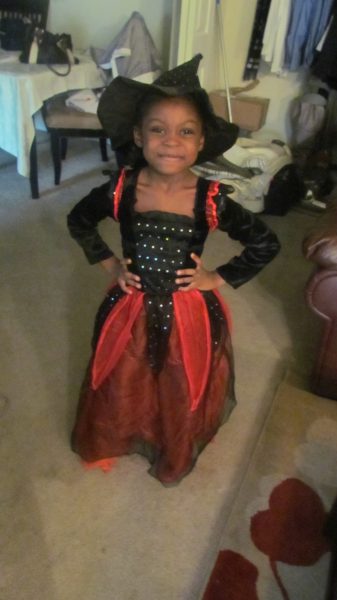In a patriarchal society, there is no avoiding objectification for women
Objectification has become part of women’s everyday lives, and many are forced to accept the opinions of others in silence.
To combat the sexualization of female bodies, women have embraced terms intended to shame them by wearing “revealing clothing” as an act of reclamation.
As Emily Villanueva writes on hercampus.com, “By reclaiming these once hurtful words, they cannot be used to harm women any longer… Women are who they are unapologetically.”
But many people, both women and men, question the effectiveness of this ownership. It may seem counterintuitive; to emphasize your sexuality when you don’t want it to define you. Or to bring attention to your bodily appearance when wanting others to focus on your nonphysical characteristics.
Kristen Clark, the co-founder of GirlDefined Ministries, claims that “ Women who dress with modest class naturally demand more respect. When we respect our own bodies, we encourage respect, honor, and admiration from those around us.”
In theory, there would be a clear correlation between wearing revealing clothing and being objectified. But I know girls who’ve been catcalled in oversized church mission trip t-shirts, college attire given by family friends, and outfits teachers once complimented them on.
These experiences are seldom the ones that leave a lasting impression. When relatives mention the length of a little girl’s shorts while they are young and unaware of the “suggestions” clothes can provoke. When daughters are given scolding looks from adults while in the outfit they chose to play with their friends. When their physical body is deemed lustful, suggestive, sinful, and inappropriate before they know of the connection between revealing and sexuality.
When in their youth and innocence, with the purest of intentions, they are labeled as something they can only hazily align with disgust. It is easy for these girls to begin thinking that it is not something they’ve done but something they are. And they’ll try anything to take this shame away.
To some extent, I disagree with Villanueva. It is almost instinctual for groups subject to teasing, bullying, and threats for an aspect of themselves they cannot change to claim that they have no shame. That this shame has been conquered, overcome, and no longer impacts their mindset.
Yet I can say from my own experience, that despite the lengths I’ve gone to reach self-acceptance, motivation from my peers to be confident in who I am, and validation from media that I should not bear guilt in my appearance, from time to time I feel a deep sense of shame derived from the mere existence of my body as a women. And I feel powerless to address it.
The label “reclamation” covers a bitter truth. It suggests that women have erased all implications beneath generational insults and replaced them with whole confidence when wearing “suggestive” clothing. It paints a picture of fearless reconciliation instead of acknowledging that truly, women are leaning into the inevitable.
I make no attempts to justify nor invalidate this “reclamation” or the countering modesty movement. Hopefully, women can find empowerment and security in a movement that suits them.
The exposure of female bodies does not permanently null the burn of objectification but modesty does not avoid it altogether. Both cope with a larger, broken mindset, that no one woman is in a position to dismantle alone.
Supporters of the modesty movement would be ignorant in assuming that men’s interpretation of women as sexual beings doesn’t exist before the woman has a chance to present herself. Yet, supporters of “reclamation” cannot proclaim that the ownership of these words erases their impact.
Women cannot conquer this reality unscathed. We’ve tried.
It’s more damaging to pressure women into providing a perfect solution to a reasonless system.
Your donation will support the student journalists of Watkins Mill High School. Your contribution will allow us to purchase equipment and cover our annual website hosting costs.

Andrea “AJ” Gordon is a senior at Watkins Mill High School and Opinion Managing Editor for The Current. She is an IB Diploma student and is a part...









